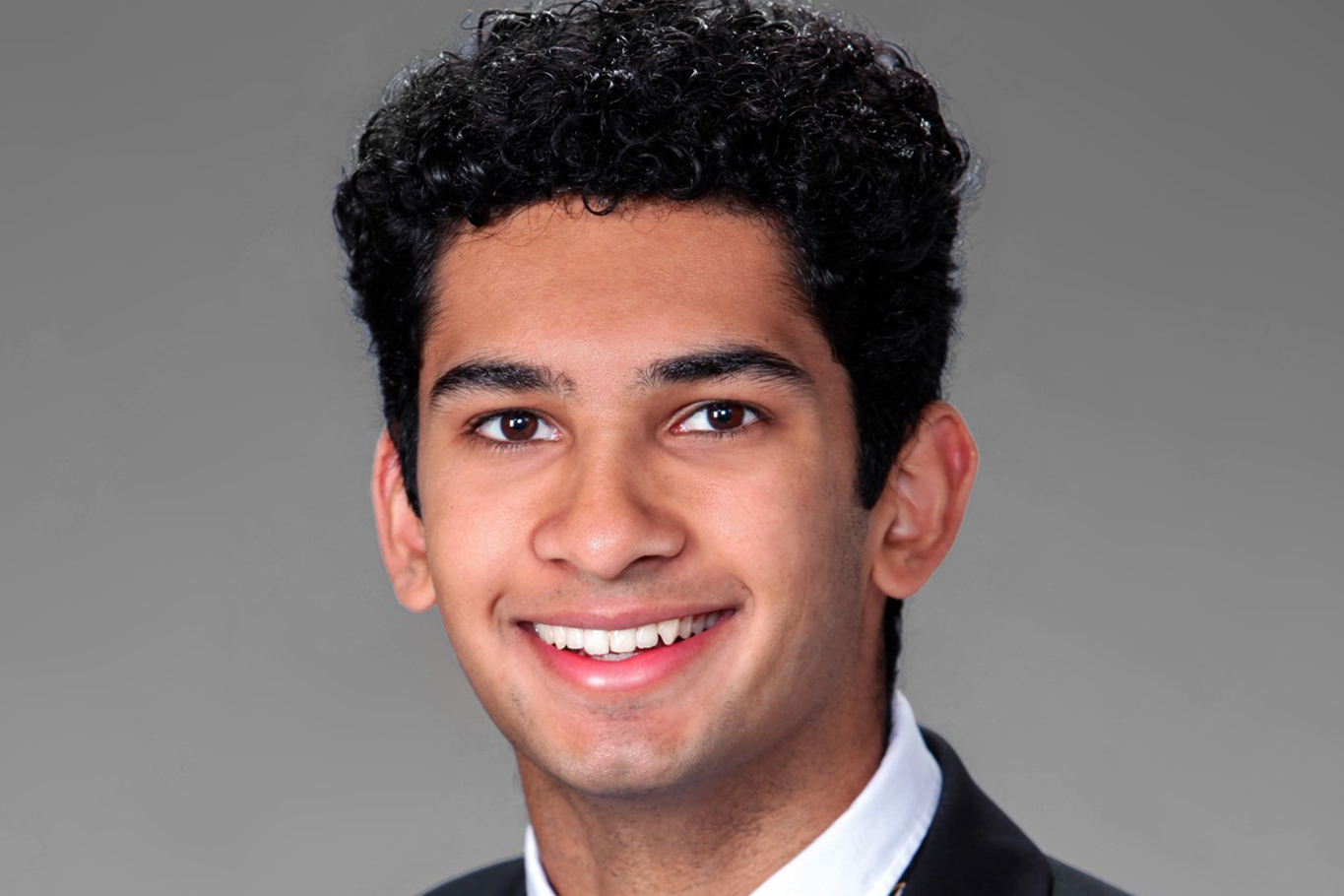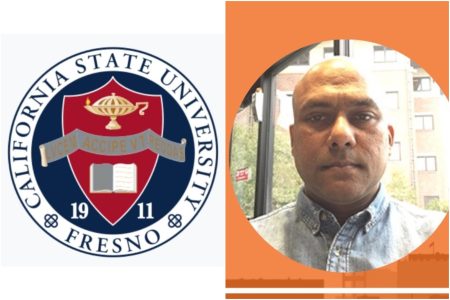
Rohil Dhaliwal, a third-year bioengineering student at the Harvard John A. Paulson School of Engineering and Applied Sciences (SEAS), dedicated his summer to conducting research on plant growth in microgravity. His opportunity arose through an internship at NASA’s Jet Propulsion Laboratory (JPL) in Pasadena, California.
During this internship, Dhaliwal collaborated with the Planetary Protection Group, an essential division responsible for establishing protocols to prevent cross-contamination during space exploration. Among his tasks, he played a pivotal role in reconfiguring equipment designed to simulate microgravity conditions for plant studies.
Reflecting on his experience, Dhaliwal expressed his excitement about working at a place he had dreamt about for most of his life. His work involved modifying the clinostat to ensure that plants received the necessary water and light to grow while being spun. He also highlighted the significance of the research advancements made during his internship, mentioning that they developed robust procedures and equipment that could expedite microgravity testing for plants in the future. Their research yielded valuable data on plant height, mass, root characteristics, and DNA analysis from the soil.
Dhaliwal’s sense of contribution extended beyond that of a student; he felt that he actively enriched the lab’s space with his knowledge of bacterial work. Despite having limited prior exposure to astrobiology, the unique experience he gained during the internship ignited his curiosity to explore this field further.
While Dhaliwal initially came to Harvard with plans to pursue physics, he discovered his passion for bioengineering after attending an Introduction to Life Sciences class during his freshman spring semester. His academic journey has since led him to delve into areas such as drug delivery, tissue engineering, and neural control of movement, highlighting his evolving interests within the field of bioengineering.











